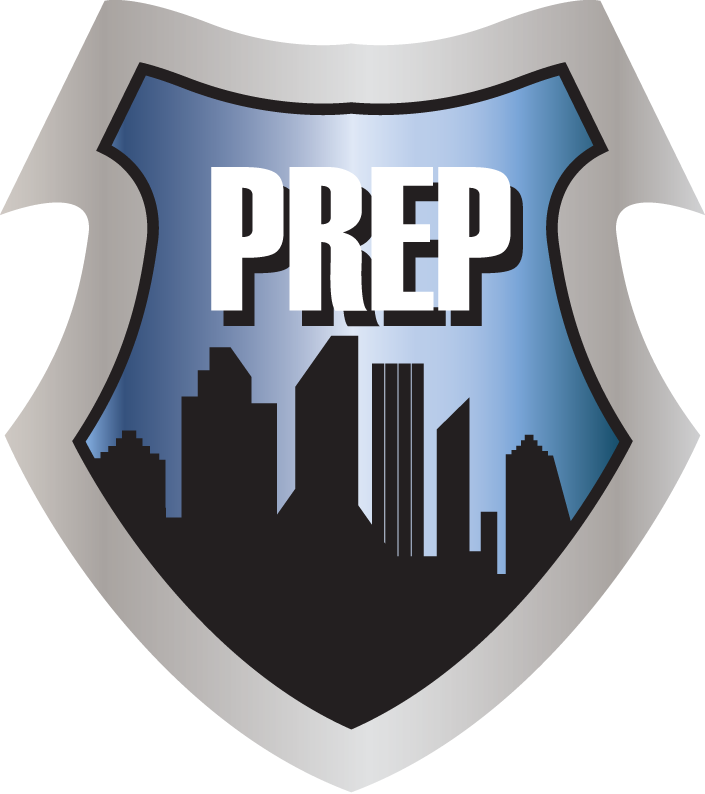Communications During A Commercial Property Disaster
 The primary key in any business operations is often good communications. During a disaster, communication can become even more vital, since accurate communications can be the difference between tragic loss, and proper response. It means relaying your awareness of the situation, including any resources that you may be lacking, as well as the identification of any potential hazards or compounding issues. It is also essential to make appropriate information available to members of the public who may be in or around your property. Many times, building owners and managers are inclined to “keep things to themselves” out of concern that the information will not be well received, or could be misinterpreted.
The primary key in any business operations is often good communications. During a disaster, communication can become even more vital, since accurate communications can be the difference between tragic loss, and proper response. It means relaying your awareness of the situation, including any resources that you may be lacking, as well as the identification of any potential hazards or compounding issues. It is also essential to make appropriate information available to members of the public who may be in or around your property. Many times, building owners and managers are inclined to “keep things to themselves” out of concern that the information will not be well received, or could be misinterpreted.
Preparation is one of the key components of communication:
Make sure information and products are secure in the event of evacuation. There are different levels of disaster, but many will call for the evacuation of a property. While this does protect the safety of the people inside of a commercial property, it also means that property and information may be unprotected from damage or theft. Part of your communication strategy should involve confirmation of a lockdown or securing of any highly valuable assets, which includes data servers kept on site.
While this doesn’t take priority over the actual lives involved, communicating the securing of any data or property could actually protect individuals from losing focus on their priorities as they respond to a disaster. The last thing that you’ll want to find out is that someone was injured because they mistakenly believed it was their responsibility to make sure an area was safe.
Train your employees to know who to call, and when to call them. This is important for logistical purposes, insurance documentation and other legal purposes. The right training can help employees to prioritize the response necessary to ensure that an injured person gets the care they need. Having a pre-arranged disaster response contractor is also essential, since they are the ones that will be actively involved in helping you recover.
When a disaster takes place, you may assume you only need to contact emergency services, but that may not cover areas of disaster response such as the spill of hazardous chemicals, exposure of fuel sources to fires on the property, and much more. Potential structure collapse and other potential issues need to be addressed through the proper channels so information can be relayed quickly and clearly.
Know your emergency contact sources. As part of the training for disaster preparation, having the right contact information on hand for the right resources can make a huge difference. Knowing the right people to call in the event of a flooded building or other structural calamity, could mean getting a much more coherent and effective response so you can recover quicker.
Depending on the size and scope of a disaster, you may be facing communication blockage due to an overload of local mobile networks. If and when possible, having physical landlines, and other channels, will mean bypassing those blockages when a disaster takes place.
Selecting the right contractor – in advance of a disaster. Too often, property owners and managers simply don’t think it will happen to them. Sadly, this “head in the sand” mentality is usually the main factor in the business failing to re-open after such a disaster. Just having a “go-to” trusted contractor that is very familiar with the building, the staff, the critical building shut-off’s, elevators, etc, is essential today.
Bottom line: Contact a trusted disaster recovery contractor that’s skilled in the many likely “disasters” that commonly happen in a building. Even better, make sure the contractor you select is PREP certified, and offers a free pre-disaster planning manual and program.
Author: Dick Wagner





